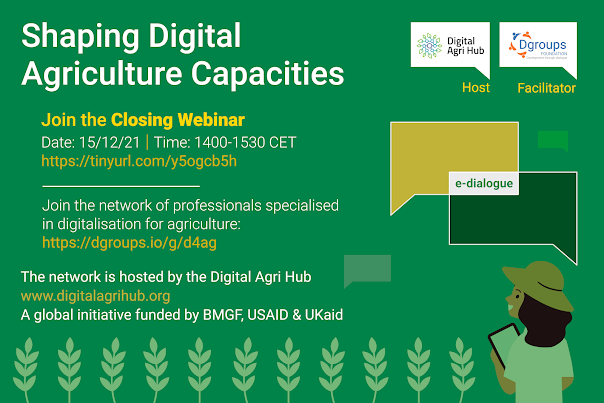 |
Group photo of participants of the Web 2.0 and Social Media
training in Port Vila, Vanuatu 2014 |
Friday 17 October 2014, Secretariat of the Pacific Community (SPC), Vanuatu – Vanuatu is a young state as far as information and communication technology (ICT) is concerned and the development of ICT is very important for the socio-economic growth of the country.' The first Political Advisor for the Vanuatu Ministry of Agriculture and Forestry, Mrs Emily Tumukon, made this statement in her opening remarks at the beginning of a five-day training workshop on the use of web 2.0 and social media in Port Vila, Vanuatu on 13 October.
The Secretariat of the Pacific Community (
SPC), in collaboration with the Technical Centre for Agricultural and Rural Cooperation (
CTA), promotes information and knowledge sharing, learning and communication for the agriculture and forestry sectors, using low-cost technology – Web 2.0 and Social Media.
CTA-developed curriculum is designed to help users interact and collaborate with each other in a social media dialogue. Examples of Web 2.0 applications include blogs, , Google Drive, Google +, video sharing sites, photo editing, and sharing social networking sites such as Facebook, Twitter and LinkedIn. These web tools are used in the context of development work and are designed for stakeholders actively engaged in agriculture and rural development / natural resource management in the domains of ICT for development, policies and markets, publishing, communication and media.

Mr Hannington Tate, Vanuatu's Director of Forestry, believes that new ICT tools such as web 2.0 can improve agricultural and forestry information in rural and remote communities of Vanuatu. He maintains that this type of workshop also offers a platform where participants from the government line agencies and those representing different stakeholders can come together to share their experiences and eventually find out how they can collaborate by making use of each others’ networks in order to better reach and serve the people of the country.
The Vanuatu Government CIO (Chief Information Officer), Mr Fred Samuel, stated that the Vanuatu Government recognised ICT as an enabler for social and economic development in the country. He emphasised that it is now important to create online content that users and citizens can access, and that is the reason such training is needed. He added that web 2.0 represents an important shift in the way digital information is created, shared, stored, distributed, and manipulated.
The five-day learning opportunity is currently under way in Port Vila. Twenty-three participants – fifteen men and eight women – from different organisations are attending it. The event is part of CTA’s effort to facilitate access to and dissemination of information in the fields of agriculture and rural development in 78 countries in the African, Caribbean and Pacific Group of States (
ACP), this being the sixth to be held in the Pacific. Similar workshops have been conducted in Papua New Guinea and Fiji and a one is planned for Samoa in two weeks' time that will focus on the agriculture and forestry sectors.
Sponsored by the ACP-EU CTA, the event, titled Web 2.0 for Development and Social Media Learning Opportunity, is undertaken by the Secretariat of the Pacific Community in collaboration with the Vanuatu Ministry of Agriculture, Livestock, Forestry, Fisheries, and specifically the Department of Forests (
DoF) and Biosecurity and the Office of the Government’s Chief Information Officer (
OGCIO).




